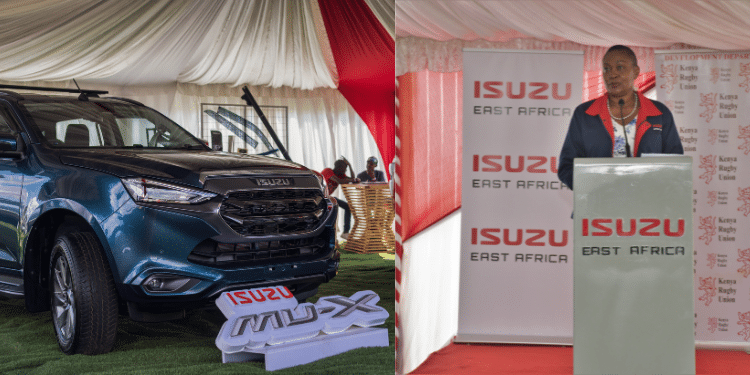Following the eruption of the Covid-19 pandemic to date, Kenya has constantly recorded a reduction in car buying. The trend has rendered a devastating condition to the Motor Vehicle industry in Kenya.
Data from the Kenya Motor Industry Association (KMI) reveal that motor vehicle dealers have only processed orders for 7,967 vehicles as compared to last year when 8,715 orders were made in a similar period.
Reports indicate that the vehicle industry has been battling the worst performance in its business environment for three years now.
Moreover, apart from the COVID-19 pandemic, the deterrent cost of borrowing and higher taxation also form part of the reasons attributing to the reduction of purchase of new cars among Kenyans.

In addition, the reduction in income among Kenyans has alike contributed negatively to the current crisis facing the business.
Motor Vehicle Dealers’ Lament
Several motor vehicle dealers such as Isuzu East Africa, Cfao Motors Kenya and Simba Corporation have lamented over the effects.
Furthermore, a report posted by the three dealers recorded an 8.58 per cent drop in sales for the past nine months that elapsed in September 2024.
Also Read: Govt Intervenes After Mobius Motors Announced Plans to Close Business in Kenya
This marks a three-year consecutive fall in which the companies have experienced a downward trend in the business since 2020.
In addition, other reports suggest that the rise in interest rates and the weakening of the shilling are the major reasons that saw the drop in new car sales in the previous quarter.
The fall has been recorded as the highest in 7 years.
Import Duty on Vehicles
In July 2023, the Kenya Revenue Authority (KRA) implemented a 10 per cent increase in import duty on all vehicles entering the country thus exacerbating the situation.
In addition, the importation of vehicles further demands an excise duty of between 25 to 35 per cent depending on the size of the engine on top of the 16 per cent value-added tax.
“The emerging trend in the past few years since Covid-19 struck has gone down probably because our customers are buying more fuel-efficient vehicles,” Dennis Mwangi Manager of Ivory Motors said in an interview.
Also Read: Motor Vehicle Tax: Inside Ruto’s Plan to Add More Levy to Car Owners
Deniss believes that that is the current trend as well as buying locally used vehicles compared to the new ones.
As a manager, Deniss affirms that he has felt the hit, and they remain with no option but to adapt.
“Ours as a company are to concentrate on discounts and maintain quality for our esteemed customers.” Dennis reiterated.
Follow our WhatsApp Channel and join our WhatsApp Group for real-time news updates.














































































